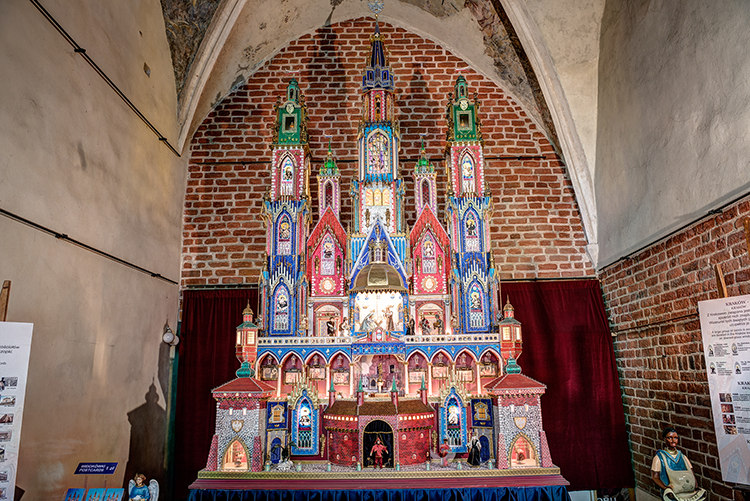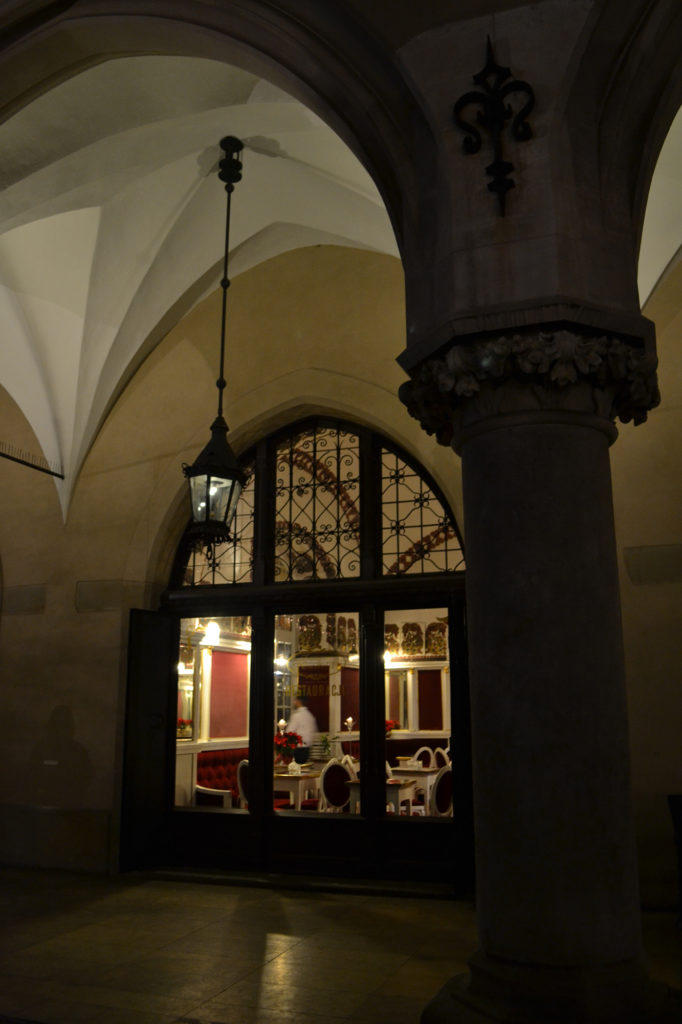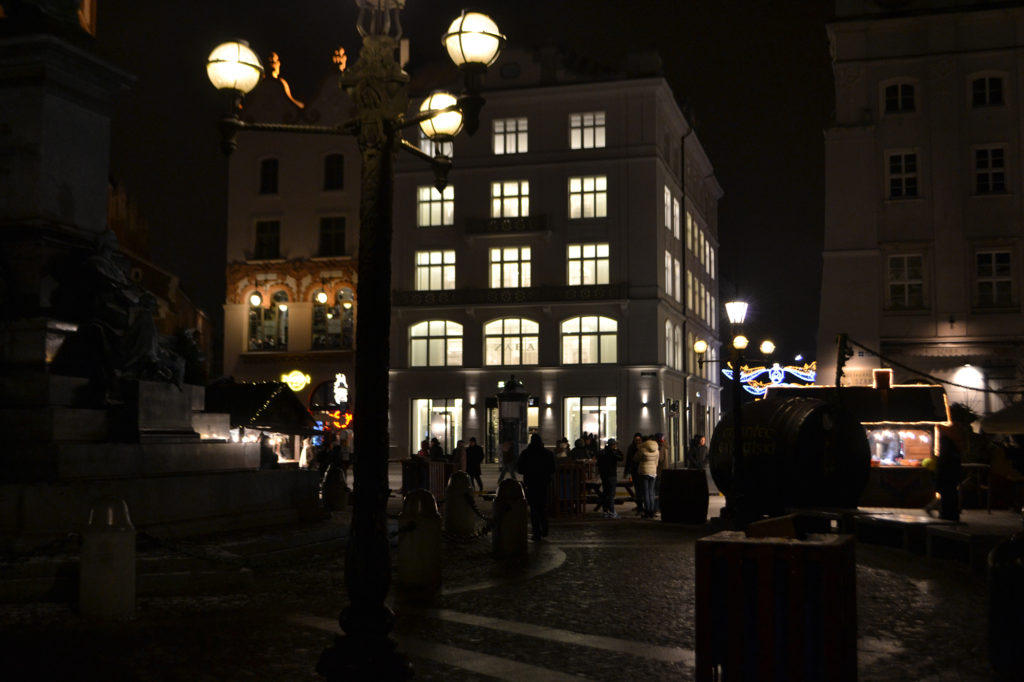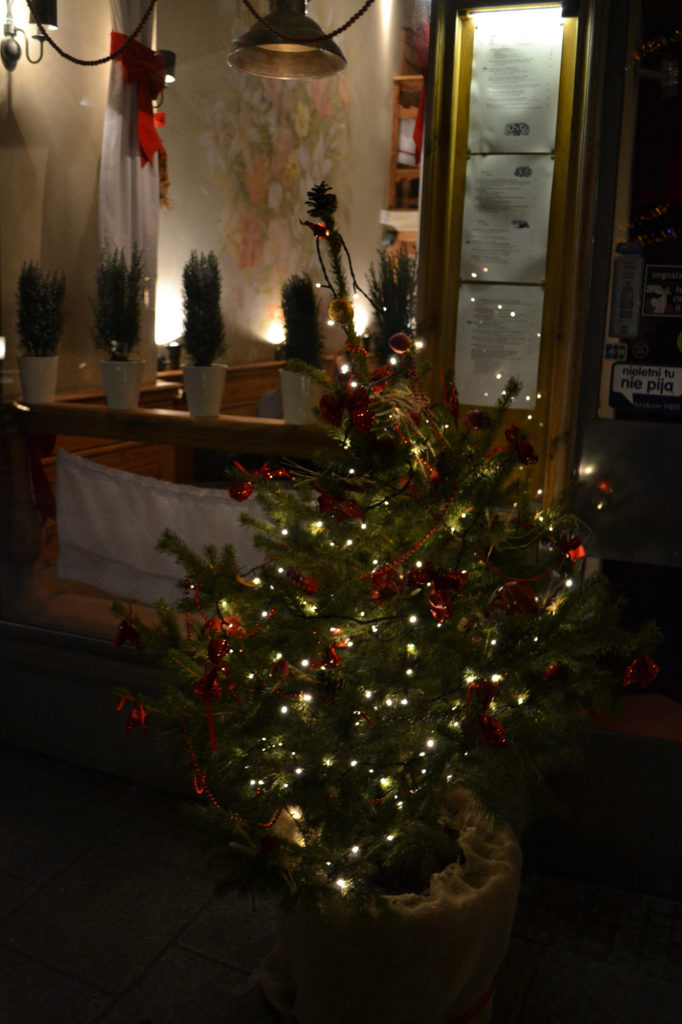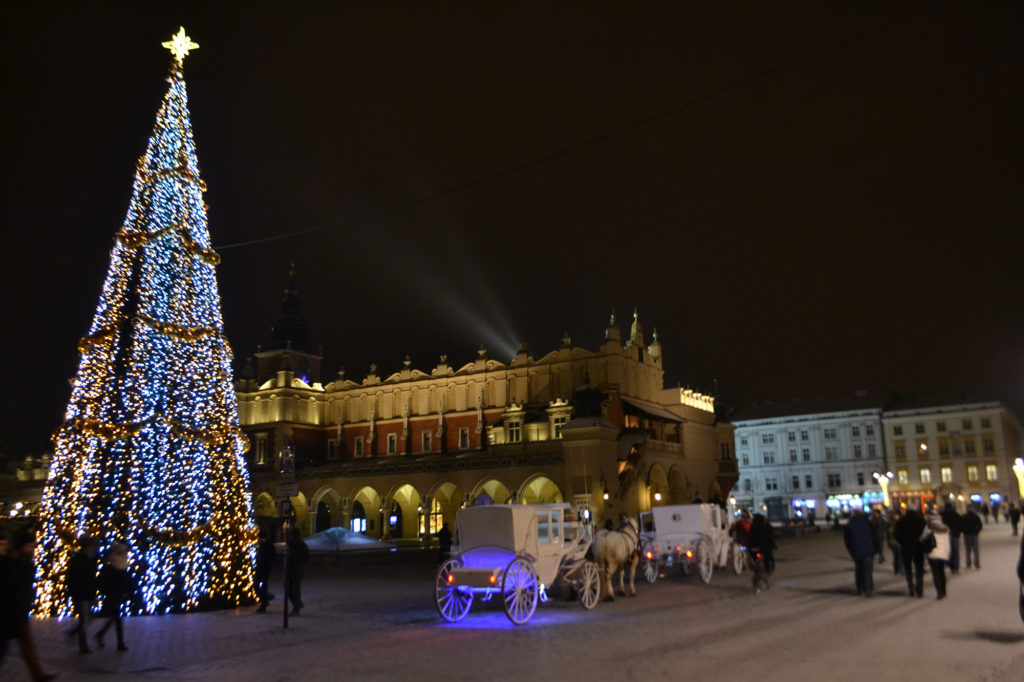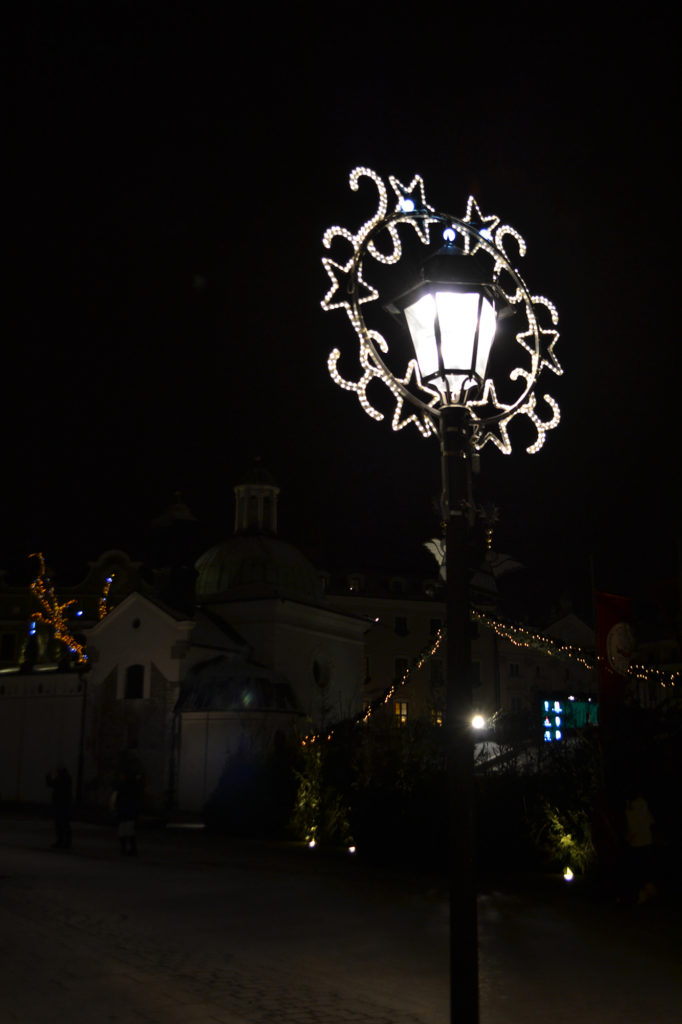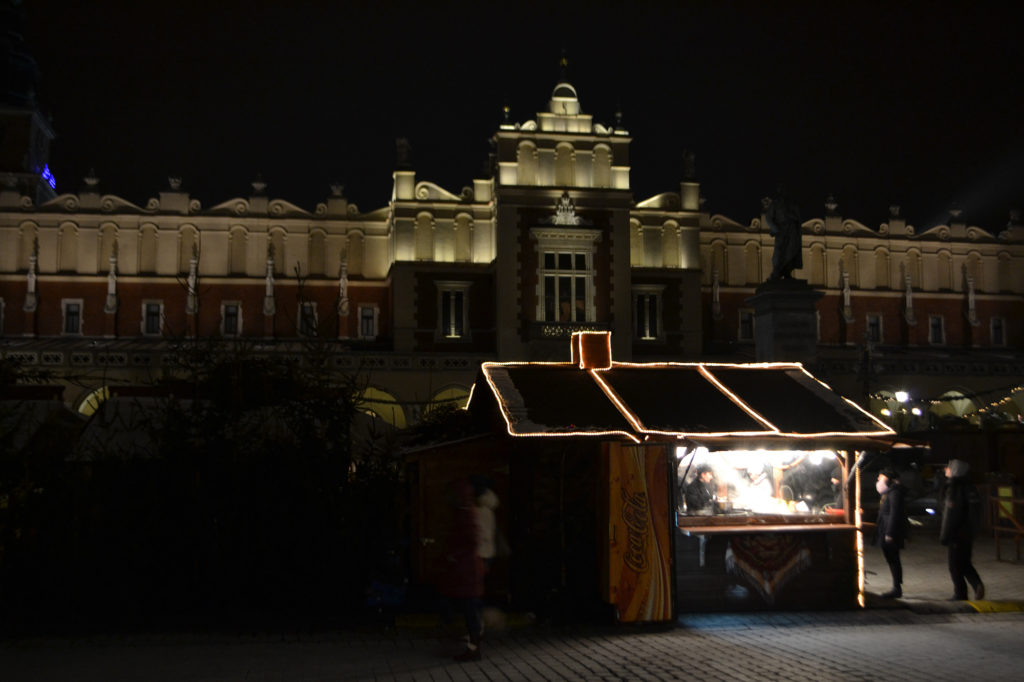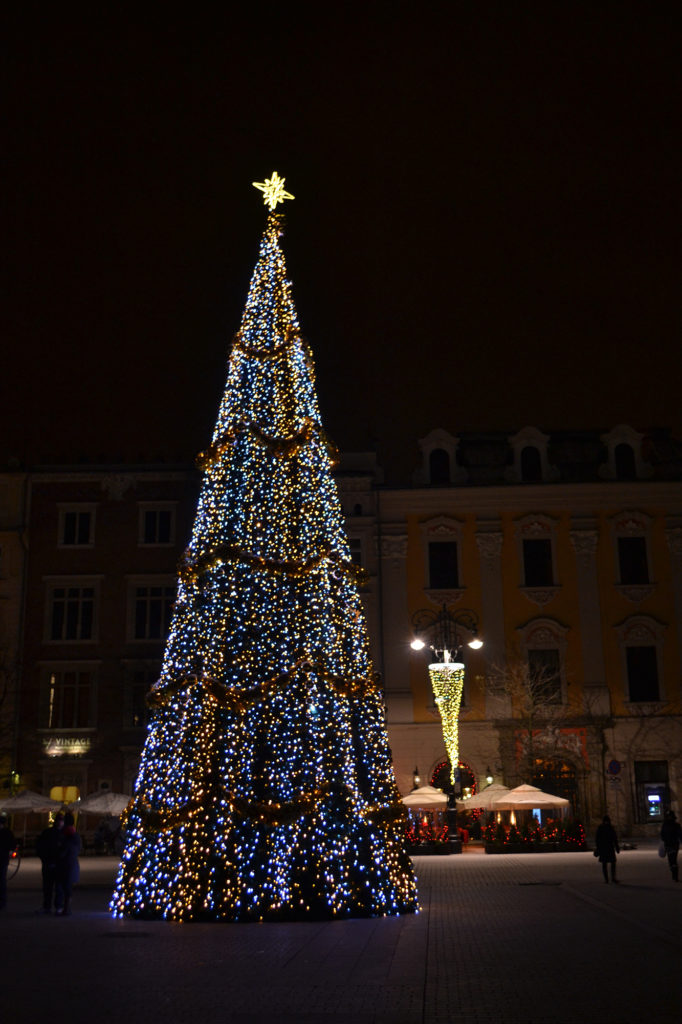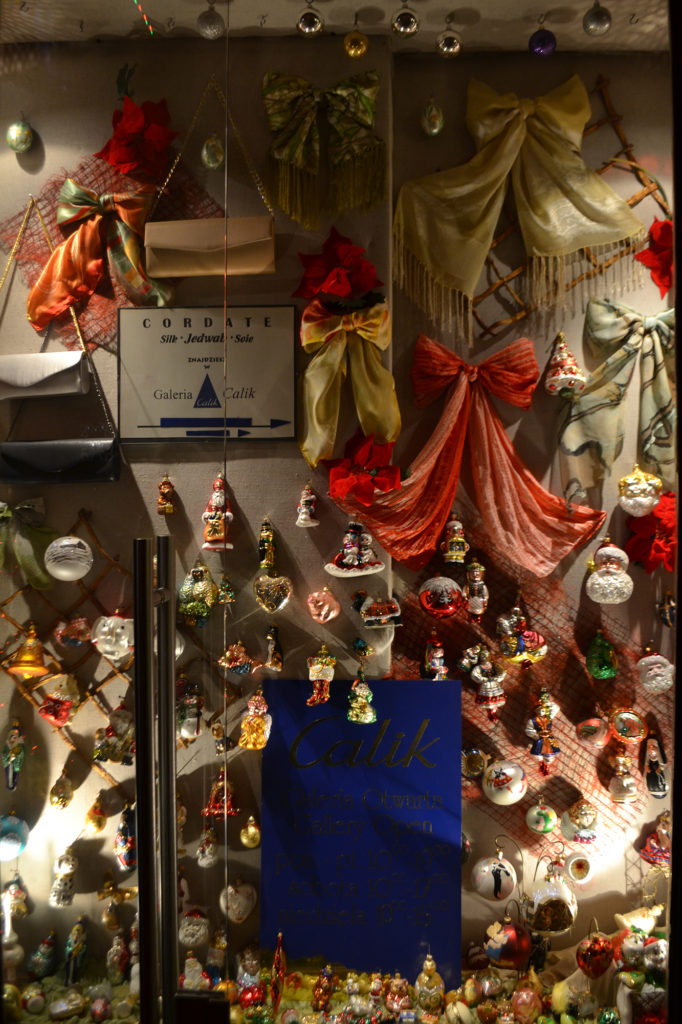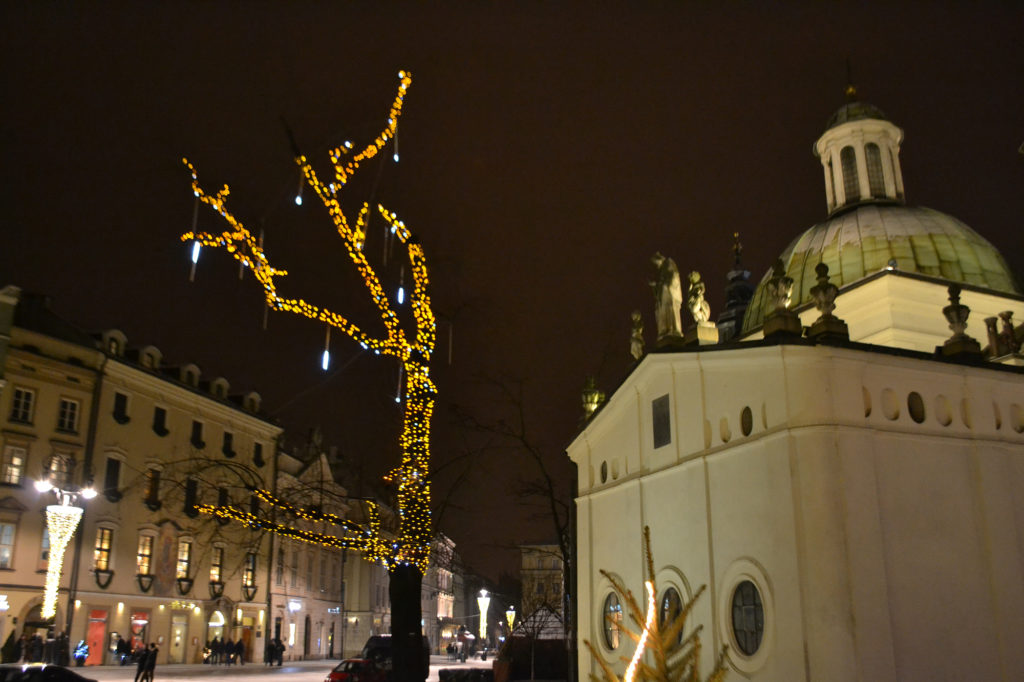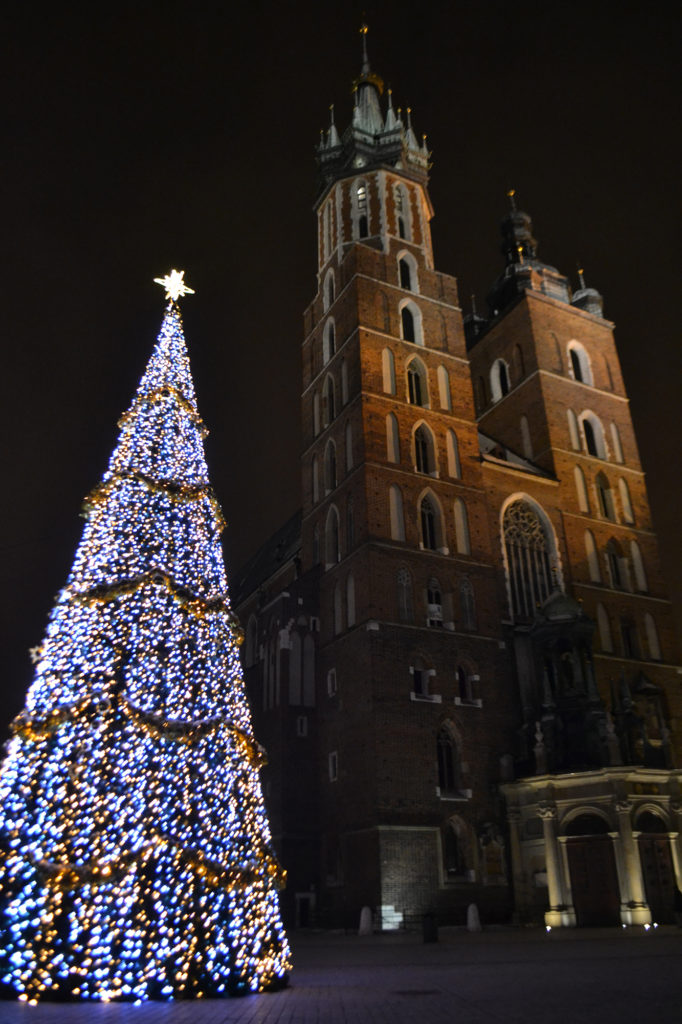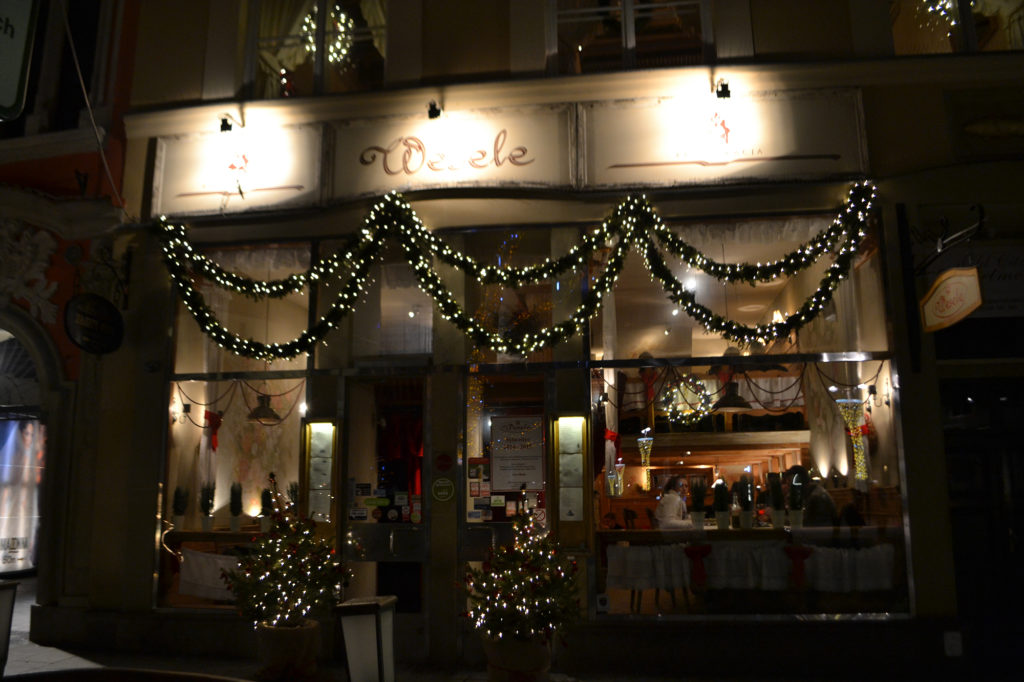Due to travel restrictions, we are uncertain about a 2020 Christmas Marketplace group. Watch our newsletter for updates. To request newsletter subscription contact mike@livingkrakow.com
Witaj Pilgrim!
We will offer the Christmas Market trip in 2021 and it will be similar to previous trips you can find on this website under upcoming trips.
Here is some pertinent cultural background information, Christmas traditions, etc
Here are some Polish Christmas traditions:
St. Nicholaus brings gifts for the children during the night of Dec 5/6.Christmas starts on December 24th (Wigila) at the sight of the first evening star, and extends 12 days.
Most do not decorate until December 24th, decorations remain the full 12 days. The tree (Choinka) usually is brought in just 1-2 days before Christmas Eve.
Advent is a quiet, prayerful time in Poland, tree ornaments are made, the emphasis is spiritual.
Wigila is the Pole’s biggest celebration of the year; here are some Wigila traditions (varies in parts of Poland):
Wigila starts with the first sighting of an evening star. Typically, one or more children are assigned to the watch.
As soon as the star is sighted in the winter sky, the family is seated at the table
The table is set with a table cloth covering hay, representing the stable. (Some families also place straw in the corners of the room.)
„Jaka Wigila, taki cały rok” ~ “As on Christmas Eve, so will your year be.”
So, be happy!
An extra place is set at the table. In various parts of Poland, this is for an absent family member, Jesus or a stranger who might stop by.
The dinner consists of 12 meatless dishes representing the 12 Apostles. The menu varies among families and regions. You are to try all of them; otherwise your next year will be less abundant.
In south of Poland, one essential dish is carp. Often the carp are raised in ponds just for this purpose and, traditionally they were purchased live a few days in advance and kept alive in the bath tub.
Before starting the supper, Polish families share opłatek, a Christmas wafer, white, thin like a Communion Host, but unconsecrated, which is broken and shared by the head of the family. This tradition normally includes only family and close friends.
Some of the dishes: Always some soup, examples Barszcz with uszka (Beetroot soup with dumplings resembling ears) or forest mushroom soup, almond soup)
Other traditional dishes sauerkraut with forest mushrooms or peas, pierogi with kapusta, jellied fish, kutia (wheatberry, poppy seed, honey and nuts), herring in oil, moczka (ginderbread, beer, raisins and nuts) makówic (poppy seed roll)).
Wigila beverages are non-alcoholic, typically compote a drink made by soaking dried fruit.
In some families, each draws a piece of hay from under the tablecloth, various colors and/or conditions of the drawn hay predicts fortune for the following year.
After dinner, is a time for gift sharing. Regionally, gifts can be for the children, delivered by Angel, Starman, or Jesus.
In Kraków families traditionally prepared a szopka, a nativity scene including the crèche and a background of venues of the city such as Mariacki (St Mary’s Cathedral) some of these are huge and the families process them from door to door with caroling.
Nowadays, most szopka are made by artists, much more ornate, and there is a contest to choose the best ones. Examples are on display at the Ethnographic Museum in Podgorze district, and elsewhere. Other regions have comparable traditions.

Christmas Carols (Koledy) in Poland are religious and serious.
Most Poles attend Midnight Mass (Pasterka) followed by a Eucharistic procession, three times around the Church, and Benediction with exposition of the Holy Sacrament until morning.
Christmas Day and the next (Boxing Day) is the time to visit relatives, sing carols, enjoy your gifts. In many homes, it is the rule that the gospodyni domowa (housewife) is banned from the kitchen for these days, with husbands and other family members tasked with serving the Wigila leftovers and cleaning up.
Wesołych Swiąt!
